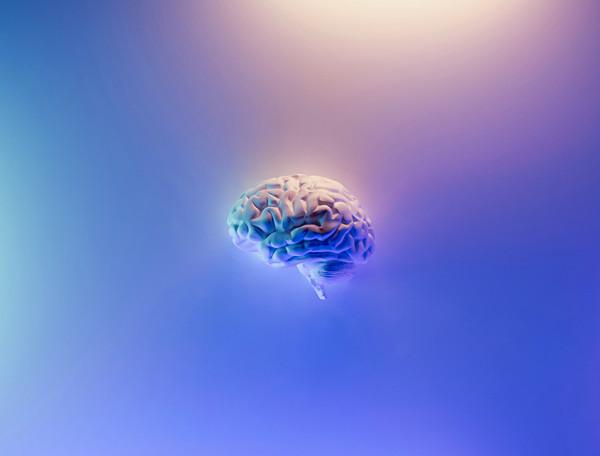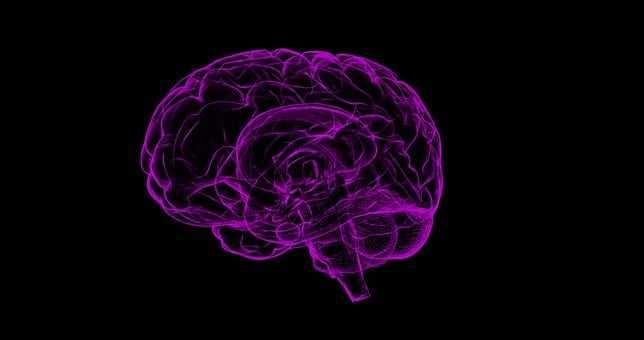7 (and a half) myths about your brain
Curated from: sciencefocus.com
Ideas, facts & insights covering these topics:
8 ideas
·8.74K reads
60
Explore the World's Best Ideas
Join today and uncover 100+ curated journeys from 50+ topics. Unlock access to our mobile app with extensive features.
Myth: You have a lizard in your head
You may have heard that your passions lie deep in ancient parts of your brain that you apparently inherited from prehistoric reptiles. Or that your "rational brain" which sits on top of your "lizard brain" tries to moderate your desires.
The only animal with a lizard brain is a lizard. Neuroscience clearly shows that brains don't evolve in layers but follow a single manufacturing plan.
178
2.16K reads
Myth: The left side of your brain is logical, the right is creative
Generally, no part of your brain is exclusively dedicated to creativity or mathematical reasoning. Neurons compute every action you take from across the entire brain.
While your cerebral cortex consists of two halves, both are intricately connected. Language ability does take place mainly in the left hemisphere, but this lateralisation develops gradually in most people.
155
1.18K reads
Myth: Cortisol is a stress hormone, serotonin a happiness hormone
Hormones don't just have one specific psychological purpose, and all the chemicals work together in your mind.
- Cortisol boosts the amount of glucose in your bloodstream for a quick burst of energy, such as before you exercise or wake up in the morning, not just when you are stressed.
- Serotonin has many functions. It regulates how much fat is made and helps keep track of your energy. It also helps other neurons pass on information as they create your thoughts, feelings and actions.
167
1.02K reads
Myth: Your eyes see, your ears hear, and your skin feels
All of your sensations are computed in your brain.
- You see with your brain, based on what is in your brain and the sense data from your eyes.
- You hear with your brain as it makes sense of sounds based partly on the data from your ears.
- Your skin has no sensors for wetness. Instead, your brain combines several sources of information, including touch, temperature, and knowledge from experience, to create a feeling of being wet.
167
942 reads
Myth: Your brain reacts to events
During any day, it can seem like your brain is reacting to events around you. You're pricked by a needle and feel a bit of pain.
However, your brain constantly predicts the next moment and compares the guess to the data it receives from the world and inside your body. These predictions turn into your actions.
151
888 reads
Myth: Mirror neurons are special cells that create empathy
Decades ago, scientists noticed neurons increase their activity when an individual is taking a particular action, for example, waving when others are waving. They named them "mirror neurons."
But, your brain is really predicting your next action based on what you see, hear, and feel if you move. Seeing someone wriggle their fingers in the air and understanding it as a greeting is a normal part of your brain's predictive processes.
148
723 reads
Myth: Your brain stores memories
Your brain doesn't store memories like a filing system. Your brain reconstructs your memories on demand with electricity and chemicals.
"Remembering" is really "assembling" and may be influenced by your current situation, so your brain may reshape each occurrence so that it differs in the details.
168
873 reads
A half-myth: You can't grow new brain cells
Most parts of the human brain can't grow new brain cells, but some parts can.
The hippocampus can grow new neurons. The hippocampus is important for learning, remembering, regulating your eating, and other biological functions.
161
947 reads
IDEAS CURATED BY
I have a passion for games and books. Avocado is my fuel. And superfood in general.
Evangeline E.'s ideas are part of this journey:
Learn more about health with this collection
Different types of fasting
How fasting can improve your overall health
How to prepare for a fast
Related collections
Similar ideas
Read & Learn
20x Faster
without
deepstash
with
deepstash
with
deepstash
Personalized microlearning
—
100+ Learning Journeys
—
Access to 200,000+ ideas
—
Access to the mobile app
—
Unlimited idea saving
—
—
Unlimited history
—
—
Unlimited listening to ideas
—
—
Downloading & offline access
—
—
Supercharge your mind with one idea per day
Enter your email and spend 1 minute every day to learn something new.
I agree to receive email updates

